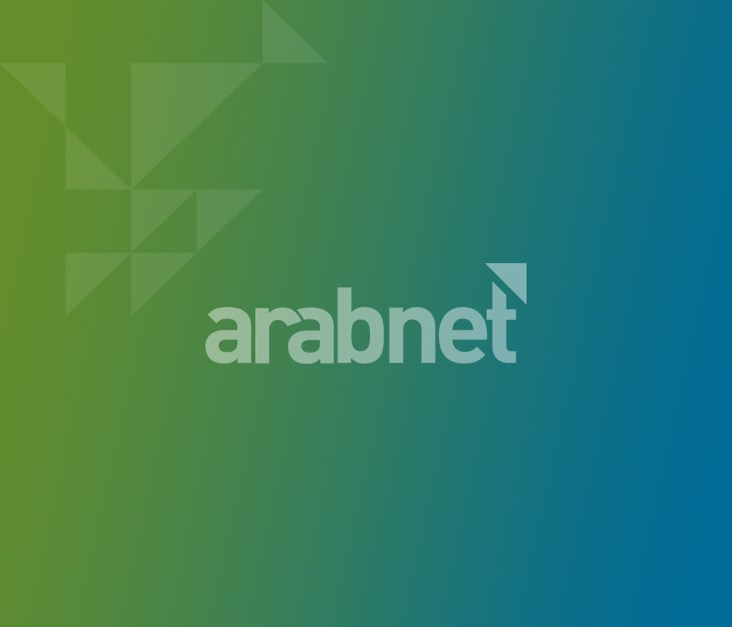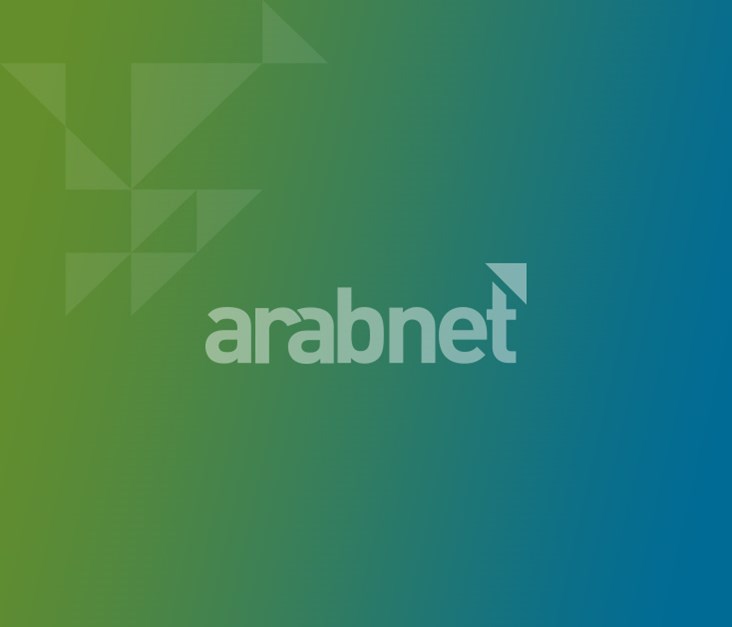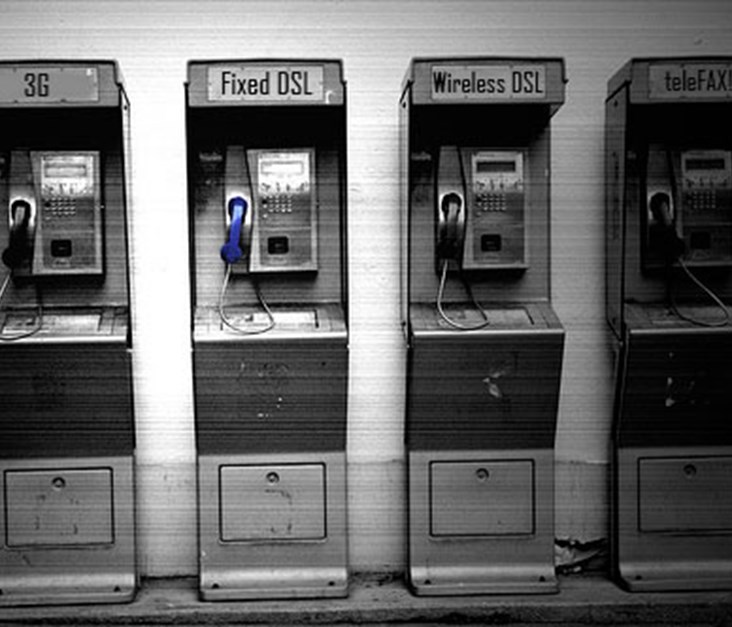
 The Lebanese Internet scene is going through a long overdue makeover. From the last three Telecom Ministers we’ve been hearing of an imminent restructuring and upgrade which keeps being postponed due to political feuds in the country. We know what the people want, we know what the Telecom Ministry has been announcing but we haven’t heard from the local Data Operators and ISPs … except for one man who spared no effort to voice his concerns regarding a viable system that would represent a win-win scenario for all concerned: the Government, the private sector and the end-user. That man is Imad Tarabay, CEO of CEDARCOM who laid out his perspective and concerns to ArabNet:
The Lebanese Internet scene is going through a long overdue makeover. From the last three Telecom Ministers we’ve been hearing of an imminent restructuring and upgrade which keeps being postponed due to political feuds in the country. We know what the people want, we know what the Telecom Ministry has been announcing but we haven’t heard from the local Data Operators and ISPs … except for one man who spared no effort to voice his concerns regarding a viable system that would represent a win-win scenario for all concerned: the Government, the private sector and the end-user. That man is Imad Tarabay, CEO of CEDARCOM who laid out his perspective and concerns to ArabNet:
“The Key term in our opinion for any activity is sustained innovation and this is not only a business practice we at Cedarcom believe in, but the theme used in my current lobbying activity with our industry circles and the Lebanese Government.
The Lebanese Telecom Ministry is gearing up for radical changes in the data and internet sector. However, any service that has to be introduced has to include market competition otherwise there would be no incentive for the operator to innovate and prices will remain fixed.
A Monopoly’s purpose is to make more profits, with no incentive for innovation and absolutely no incentive to give a better customer service. Unfortunately this is the case of the mobile GSM sector in Lebanon since the nineties.
So how can we sustain innovation? First we have to sustain competition, and second it has to be an equal and fair competition. In such an environment, we as a company have to constantly be innovative. If we innovate and you are my competitor, you lose market share, hence find yourself forced to bring even more innovation to the market to regain your lost market share, which in turn prompts me to react and the loop of innovation cycle starts again. The ultimate beneficiary here is the end consumer who ends with lower “competitive” prices and a better customer service.
If an end user were to choose an internet connection, he/she would find that all connection packages are roughly the same in speed and price. Why? Because the international component of these packages (E1 Lines) is held by a monopole entity. i.e. the Government.
Currently our largest obstacle is the absence of fair competition, which causes absence of innovation. The services offered today remain stagnant and in time become obsolete compared to other countries. The consumer is connecting to the internet with elaborate modern devices that are becoming less and less compatible with obsolete internet protocols. The whole connectivity system seems to be collapsing. On one hand, Lebanon has very fair and advanced laws concerning telecommunications; on the other hand, these laws are not being implemented.
Let’s segment Lebanon’s internet connection environment:
First you have Lebanon’s connection to the international internet backbone which is done through the IMEWE cable, Cadmus Cable and others. This is completely controlled and operated by the Government who then sets the pricing structure through a Cabinet decree. Current prices were set forth in a decree dating back to 2006 (yes, 5 years ago).
Second, you have the internal country network through deployment of fiber optic cables. Currently there is only one legal entity, belonging to the government which conducts this operation, and you have loads of illegal cable operators who are laying fiber optic cables illegally without licenses.
The Third component is the end-user access. Here also you have two main components: wireless DSL through wireless USB dongles and desktop modems, where 4 companies compete, and fixed line DSL provided by 6 competing companies but controlled by Ogero.
For us service providers, another major hurdle (in addition to lack of fair competition mentioned earlier) is the “one year license”. As a business decision maker you cannot believe the hindrance this fact represents to all Data Service Providers (DSP). If you’re trying to invest in this market for a million dollar or 10 million dollar who will invest knowing that his license to operate will expire on the 31st of December of each year? I want to invest but my shareholders are holding me back. If I want to raise more capital, I cannot. If I try to get a loan from the bank, I cannot. No creditor or investor will place capital money with you if your license to operate will expire by the end of the year with no guarantees to renewal. This is another factor hampering innovation.
The newly appointed minister Mr. Nicolas Sahnaoui did a very good job by appointing a new team of advisors to aid him in formulating an action plan. The team is made of young, energetic and highly qualified consultants who not only are aware of the current crisis, but have an open-horizon outlook and believe in liberalization and fair competition.
Now that we are connected to the backbone through the IMWE and other cables, the Government has the capacity to solve the crisis in a matter of 3 days while at the same boosting Lebanon’s economy. This can be achieved by the following regulatory steps:
- Each operator is granted a 15 or 20 years license. Knowing that our equipment is depreciated over 5 years, this will incite us to invest more and more in technological innovations on the long run.
- The Government can compel each company to list itself in the Beirut Stock exchange within a grace period of 2 years; otherwise the license will be revoked. This will ensure unbiased and fair treatment, while at the same time removing any possibility of favoritism since any Lebanese citizen can invest in any of the local internet access companies. The Government can place strict regulatory investment rules to prevent financial cartels from buying all the shares.
- Each data operator is forced to have to have a coverage roll-out of 85% over the Lebanese territories otherwise the license will be revoked.
- The Government can set a unified license fee which it deems adequate for all companies involved.
This vision has been placed in the master policy document put forth by Minister Gibran Bassil and this is what we are lobbying for in all our efforts. This master policy document did not see the light spontaneously, but rather the result of years of expert studies starting with Law 431/2002 which came out in 2002 in addition to recommendations from TRA.
Minister Gibran Bassil took the draft recommendations from TRA (Lebanese Telecom Regulatory Authority), he then gathered around 150 high profiled corporate telecom executives, out of which around 50 were local Lebanese residents and around 100 were Lebanese residing abroad. The gathering took place at Al-Habtoor hotel in Beirut for one day. Mr. Bassil then formed a reduced action cell which for the next 5 month produced a telecom master document that envisions the future of Lebanon’s telecom sector. We are asking for the implementation of general rules for regulating Telecoms or what is known as “Telecom Policy Paper”.
This document envisions Lebanon to become an information society by 2013. How can you build an information society when you have a monopoly?
This master document also enforces liberalization and privatization. Here, many people make an error in confusing both terms. Bassil’s General Rules for Telecommunication Regulation talked about liberalization where local and international companies can compete openly. His General Rules also outlined privatization of the telecom sector based on strict rules that allow fairness and transparency of the privatization process.
We have the laws; we’ve heard hopeful promises, now we are waiting for implementation. Further delays to execute improvement plans have reached a critical stage where we might see an entire segment of the private sector forced out of the market. It’s time to act.
Latest Business
Intelligence Report













